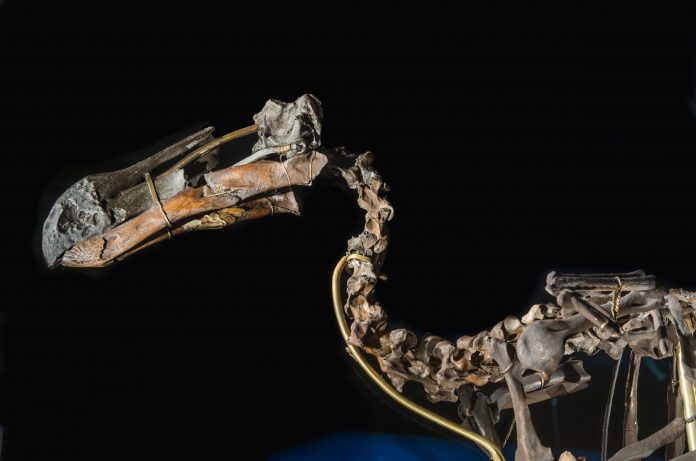Species can disappear from our societies, cultures and discourses, even before they are made biologically extinct by various human actions
Animal species can disappear from the public consciousness and collective memory at the same time or even before they are made biologically extinct by various human actions.
Societal extinction is the loss of a species from our collective memory, attention, societies, cultures, and discourses. Led by researchers from the University of Oxford’s Department of Zoology, the different ways species can experience extinction has been explored and illustrated.
What causes societal extinction?
According to an international and interdisciplinary group of scientists found that there are a number of reasons for why societal extinction occurs. These can include its charisma, its symbolic or cultural values, whether and how long ago it went extinct, and how distant and isolated its range is from humans.
Dr Diogo Verissimo, Department of Zoology at the University of Oxford and co-author of the study: “Societal extinction occurs not only in extinct species, but also in those species still living among us, often due to social or cultural changes, for example, the urbanization or digitization of society, which can radically change our relationship with nature, and lead to the collective loss of memory.”
As more species continue to be threatened by human action and climate change, they also continue to be isolated from people. This lack of human interaction results in a lack of personal experience and connection between humans and different animal and plant species therefore continuing the process of a fading collective memory and societal extinction.
Loss of local knowledge and memory
Studies conducted among communities in southwestern China and Indigenous people in Bolivia have shown loss of local knowledge and memory of extinct bird species.
What proves interesting however is the opposite can also occur.
“Species can also remain collectively known after they become extinct, or even become more popular,” explained Dr Uri Roll, co-author, and researcher at the Ben-Gurion University of the Negev. This phenomenon can be seen with the Dodo bird.
“However, our awareness and memory of such species gradually becomes transformed, and often becomes inaccurate, stylized, or simplified, and disassociated from the actual species.”
No societal presence at all
“It is important to note that the majority of species actually cannot become societally extinct, simply because they never had a societal presence to begin with,” said Dr Ivan Jarić, lead author of the study and researcher at the Biology Centre of the Czech Academy of Sciences.
“This is common in uncharismatic, small, cryptic, or inaccessible species, especially among invertebrates, plants, fungi and microorganisms – many of which are not yet formally described by scientists or known by humankind. Their declines and extinctions remain silent and unseen by the people and societies.”
“Societal extinctions can affect conservation efforts aimed at protecting biodiversity because it can diminish our expectations of the environment and our perceptions of its natural state, such as what is the standard or relatively healthy,” said Dr Josh Firth, co-author of the study and Research Fellow at Oxford’s Department of Zoology.











